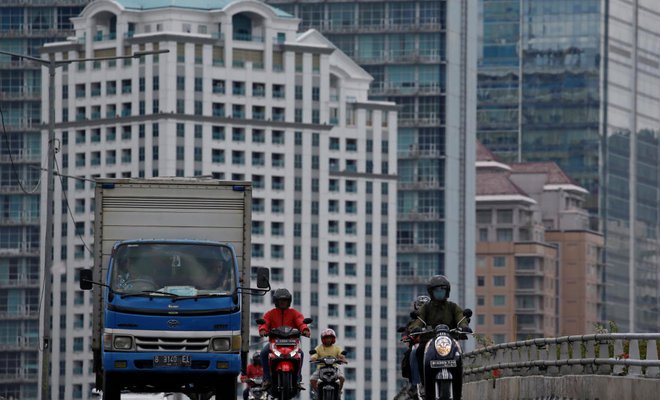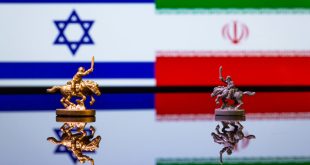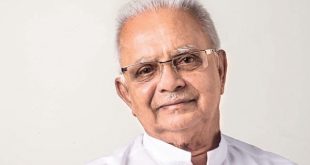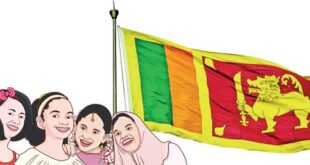
JAKARTA: Indonesia’s Information and Communications Technology (ICT) Ministry is set to implement a new $14 million Internet censorship system from Wednesday. The new system will automatically block pornography and other content deemed to be unsuitable by the government, following years of manual monitoring which has failed to adequately police the abundance of illicit online content.
The ministry’s Information Applications Director General Semuel Pangerapan said the machine is equipped with artificial intelligence that will crawl websites and use keywords to detect inappropriate content.
“After the content is crawled, our team will evaluate and verify the data,” Pangerapan told Arab News. “We will then block sites that are validated as carrying negative content. This machine will make our jobs a lot faster.” The new system will enable the ministry to identify a range of negative content referencing topics from gambling, terrorism, fraud and drugs, to hoaxes and fake news, he added.
The ministry cooperates with related government agencies including the national counterterrorism agency (BNPT) to examine extremist material, and the national anti-narcotics agency (BNN) to detect content related to narcotics.
The new system began its trial run on Dec. 29, and reportedly crawled 1.2 million sites, detecting 120,000 with negative content, over the weekend. Pangerapan said the ministry has set a target of blocking access to at least 10 million out of an estimated 30 million websites with explicit content.
Pangerapan dismissed concerns that the government would use the new system to monitor citizens’ online activity, saying it was not designed for surveillance or for monitoring online conversation.
Jamalul Izza, chairman of the Association of Indonesian Internet Providers (APJII), told Arab News that pornographic websites rank first on the government’s list of negative content, followed by hoax and fake news.
Izza said APJII members have always complied with government requests to block access to certain websites. “This machine will make the system work better and faster,” he explained. A 2016 survey showed there were 132.7 million Internet users in Indonesia, which has a population of 256 million. As many as 129 million users used the Internet to access social media platforms, with Facebook being the most visited (71.6 million users).
Dedy Permadi, director of the Center for Digital Society at Universitas Gadjah Mada in Yogyakarta, said the machine would be a good solution for the government in its attempts to block access to negative content.
In the past, he said, the most “worrying” content found was “pornography and online radicalism.” “The government detected and blocked websites that provided information on how to make bombs,” Permadi explained. He said the less-sophisticated technology that the ministry previously used had only managed to detect 700,000 sites with offensive content over the past few years, so the new system’s performance is a notable step up.
 Sri lanka Muslims Web Portal Diversity and Inclusiveness
Sri lanka Muslims Web Portal Diversity and Inclusiveness



